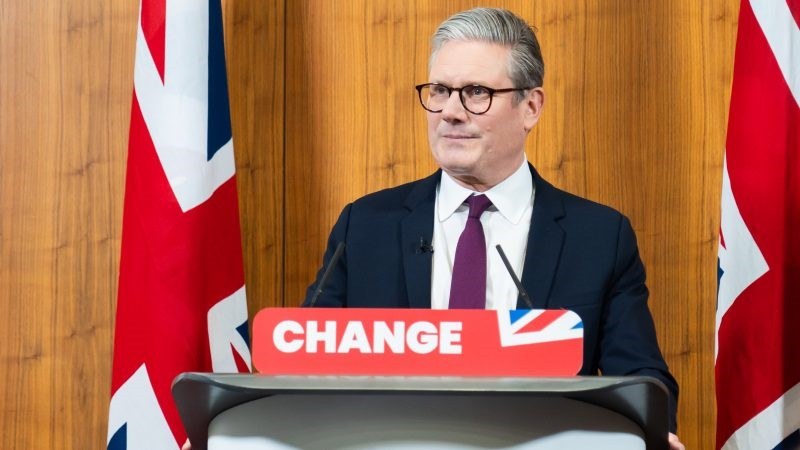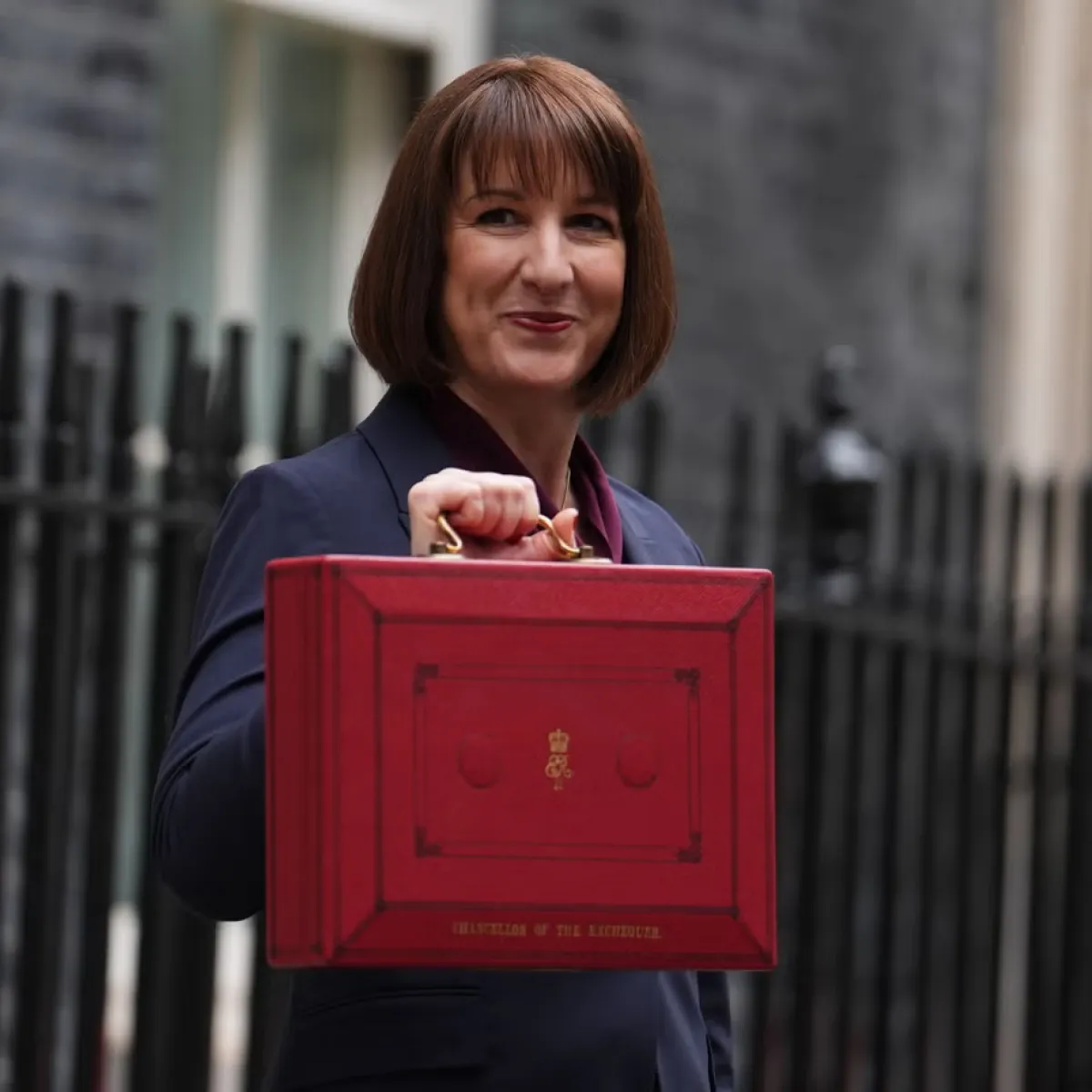This website uses cookies. Learn more
In the build up to polling day, George Campkin of the Lansons Public Affairs team puts the campaigning approach of the main parties under the micrscope.


Possibly the most cliché line used in political commentary is Harold Wilson’s pithy observation that “a week is a long time in politics”. You’ve probably heard this line far too many times in the past few days as Westminster watchers note the end of the first full week of the election campaign.
While lots has happened since Sunak’s rain-drenched address to the nation last Wednesday, it also feels like not much has changed. Sunak was looking to use the ‘element of surprise’ to launch the campaign, a curious tactic which caught his own MPs off guard (with Steve Baker now campaigning from his summer holiday in Greece) and left Labour seemingly unphased as it hit the ground running in the first days of the campaign.
The Conservatives’ first week
Since the launch, time has moved fast in Tory-land. The list of announcements they have made in the first week of campaigning includes: national service for all 18-year-olds; a state pension triple lock plus; a crackdown on ‘mickey mouse’ university degrees; and 100,000 more apprenticeships a year. A big new policy almost every day is how the Tories hope to gain media coverage and public attention. This – combined with Sunak sticking mainly to grassroots rallies and travelling on sleeper trains – is designed to paint Sunak as the scrappy underdog, coming out swinging.
Of course, despite Sunak’s polling deficit, he’s not really the underdog – he’s the incumbent. The Conservatives have been in power for 14 years and some will be wondering why this is the first they’ve heard of the Tories wanting national service or a clampdown on university degrees. However, Sunak is nonetheless attempting to pitch himself as the outsider with the ideas.
Labour’s first week
Meanwhile, in the red corner, time has moved rather slower. Starmer and Reeves, while obsessed with the single word, “change”, have been more concerned with reassuring voters about what they won’t do, rather than explaining what they will do.
On Sunday, Reeves assured voters that there would be no national insurance or income tax rises during the next Parliament. On Tuesday, she reiterated that corporation tax will stay at its current rate, and ruled out a Summer Budget. On Wednesday, Reeves then explained there would be no VAT rise, while Darren Jones (the Shadow Chief Secretary to the Treasury) added that there would be no wealth taxes. Lots of announcements about a lack of announcements to come.
Meanwhile, Starmer has re-stated previous Labour pledges to bring in more police officers, hit the NHS waiting time target within 5 years, and create a publicly owned energy company called GB Energy.
What’s the strategy?
This all makes it look like the Conservatives are taking an aggressive stance, acting as though they have nothing to lose, while Labour is sticking with its notorious ‘ming vase strategy’, avoiding risk at almost all cost so their poll lead doesn’t drop and smash (with the vase looking a little more vulnerable following Angela Rayner’s comments yesterday about reinstating Diane Abbott as a Labour candidate). The polls certainly seem to make this strategy look sensible, with the Conservatives as far as 27 points behind Labour in polls released this week (despite one poll perking up Tories earlier this week after it put the Tories 12 points behind Labour).
While the general picture of Sunak on the offensive and Starmer on the defensive is broadly right, it’s not the whole story. Just looking at the theme of the policy announcements made in the first week of the campaign – more money for pensioners, but national service and fewer university courses for the young – tells you that Sunak has given up on the younger half the population. This is perhaps unsurprising given the Tories are polling at just 8% with under-50s.
Sunak is aiming to shore up the classic, pre-Boris Johnson, Tory base – appealing to potential Reform Party voters while shifting focus away from those who have already moved over to Labour. Sunak needs to make more noise than Starmer as he has a task to pull back voters who are currently indicating they would back Reform, but by no means is he on the offense in any broader sense. He is instead trying to protect the core Conservative coalition and hoping for the best.
Both parties are therefore – in different ways – on the defensive; the Conservatives eyeing up their staple diet of voters, while Labour tries to protect its newfound coalition in the centerground. However, with the first Sunak-Starmer head-to-head debate coming next Tuesday (9pm on ITV), as we embark on week two of the campaign the party leaders will surely be sharpening their knives.
**
Want to understand what a Labour government will mean for your organisation, and industry?
We're hosting Labour workshops with policy experts to help organisations, brands and associations better understand the upcoming landscape, opportunities and challenges posed to them under a Labour Government. To find out more, get in touch with our team.
Stay in the loop with our experts




New Business: to find out how we can help you, contact our dedicated new businesss team consultancy@lansons.com
Careers: we’d love to hear from you, please visit our careers hub











